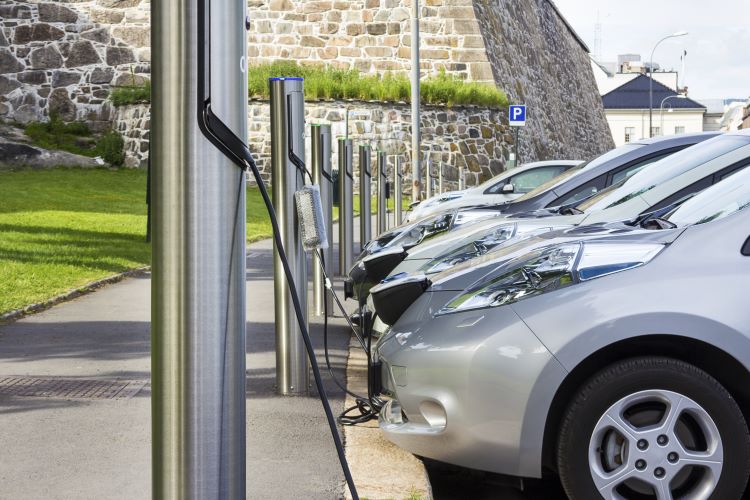The Emergence of Slow Living: A Modern Response to a High-Speed Society
In a world characterized by fast-paced lifestyles and a relentless quest for efficiency, a counter-movement is quietly gaining traction. The slow living movement, a philosophy that prioritizes purposeful, mindful living over speed, is gaining momentum across the globe. But what is slow living, and why is it gaining popularity? Read below to find out more.

Tracing the Origins of Slow Living
The slow living movement has its roots in the Slow Food movement, which started in Italy in the 1980s as a reaction to the spread of fast food and the erosion of local food cultures. The philosophy soon transcended the realm of food, evolving into a broader life philosophy that emphasizes a slower, more mindful approach to various aspects of life. This shift towards slow living is a counter-reaction to the speed-obsessed modern society, where everything from communication to consumption is expected to be instantaneous.
Understanding the Appeal of Slow Living
The appeal of slow living lies in its promise of a more balanced, meaningful life. It encourages individuals to be more present in their everyday activities, to appreciate the small moments, and to prioritize quality over quantity. This philosophy is a response to the increasingly hectic pace of modern life, which often leads to stress, burnout, and a disconnection from our surroundings. By choosing to slow down, individuals can regain control over their time and experience life more fully.
The Societal Impact of Slow Living
The rise of the slow living movement has significant implications for society. It challenges the prevailing culture of speed and efficiency, questioning the unsustainable pace of modern life. The movement encourages individuals to reconsider their priorities and to make more conscious choices. These changes can ripple outwards, influencing various aspects of society, from consumer habits to work culture. For instance, the slow living philosophy can lead to a decreased demand for fast fashion or a shift towards more flexible, humane work schedules.
The Future of Slow Living
While slow living is gaining popularity, it still faces challenges. It can be difficult to slow down in a society that values speed and productivity. However, as more individuals embrace this philosophy, it could lead to broader societal changes. Slow living could become not just a personal choice, but a collective movement towards a more sustainable, balanced, and mindful society.
In conclusion, slow living is a powerful counter-movement in our fast-paced society. It offers a refreshing perspective, challenging us to pause, reflect, and savor life’s moments. As we continue to explore the implications of this movement, it’s clear that slow living has the potential to reshape our societal norms and redefine our understanding of a meaningful life.




